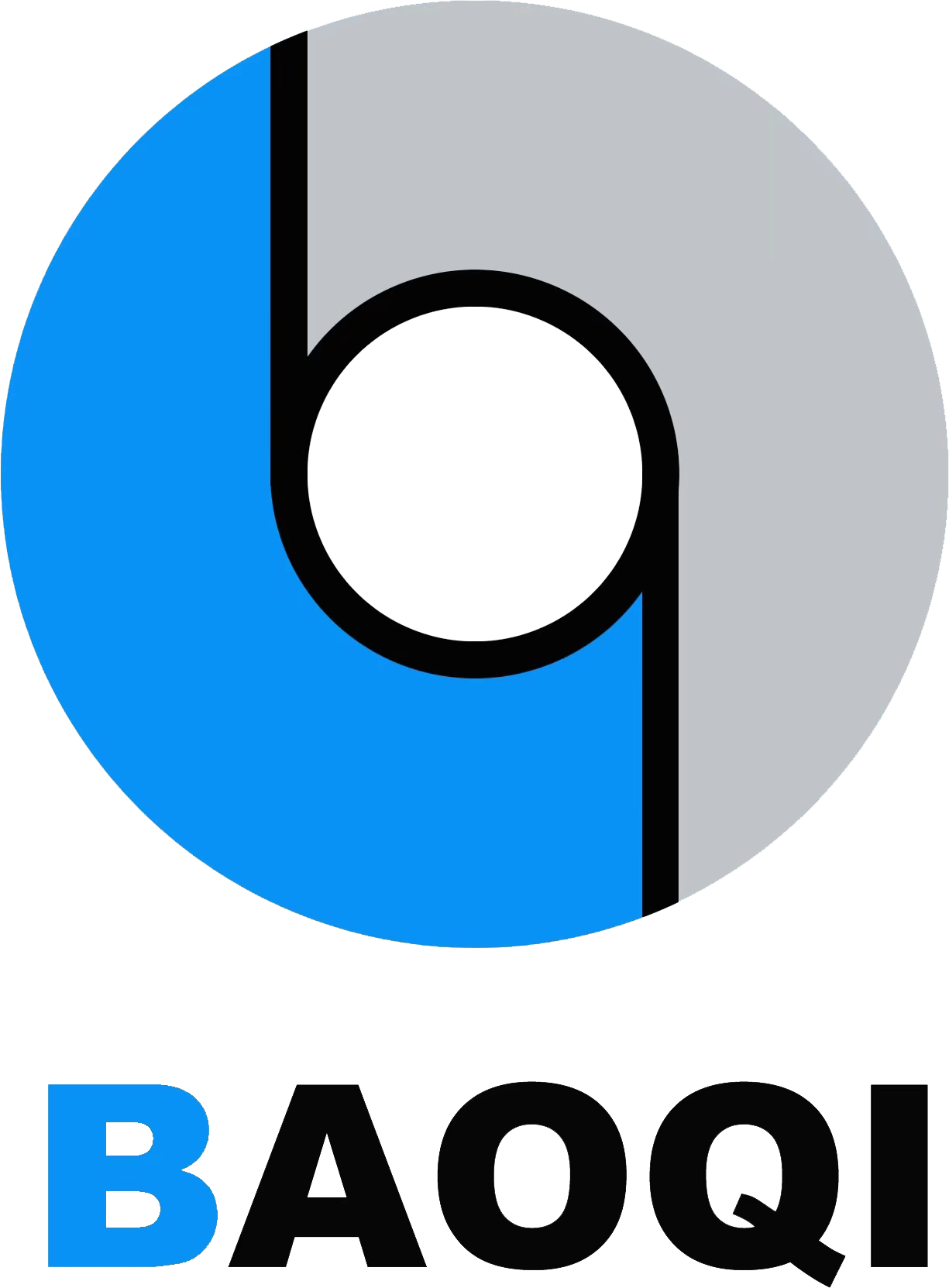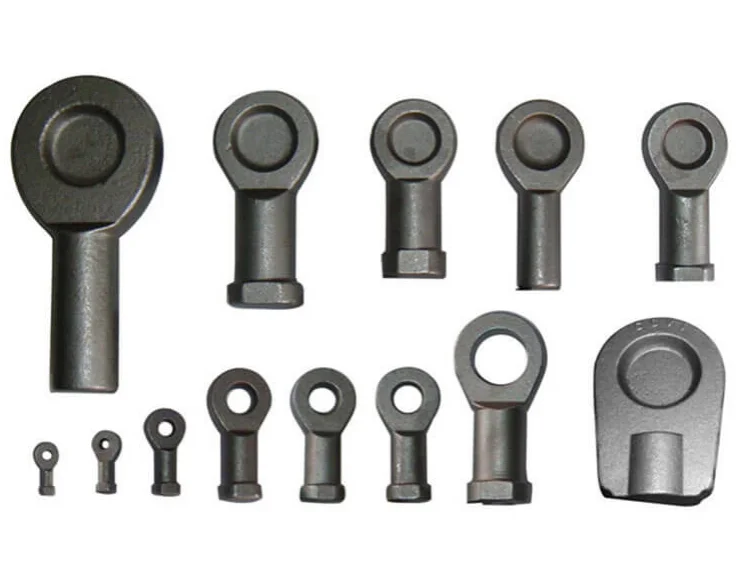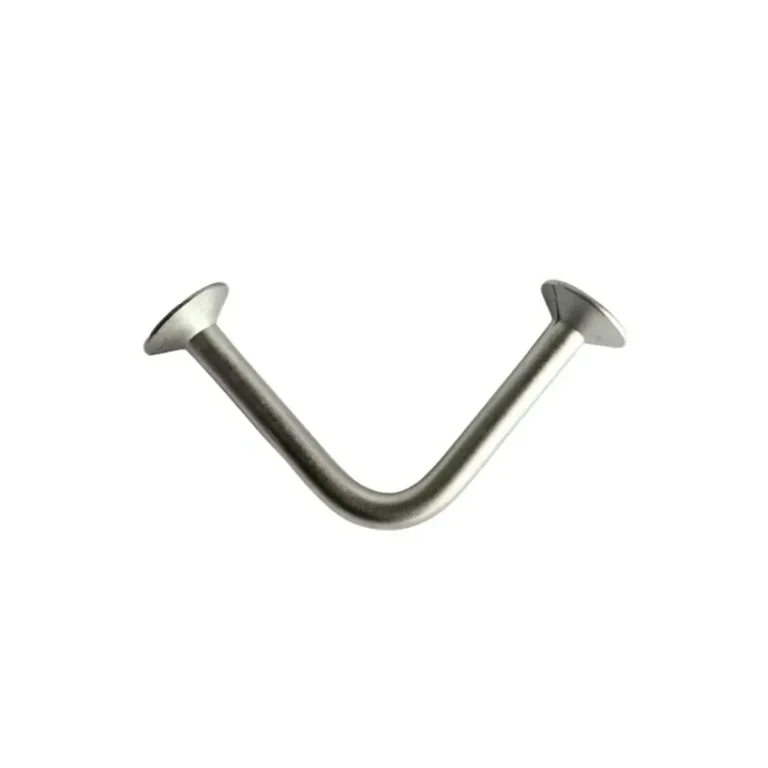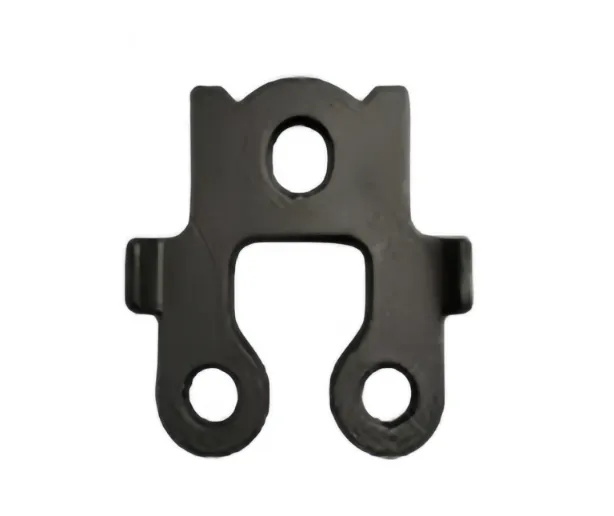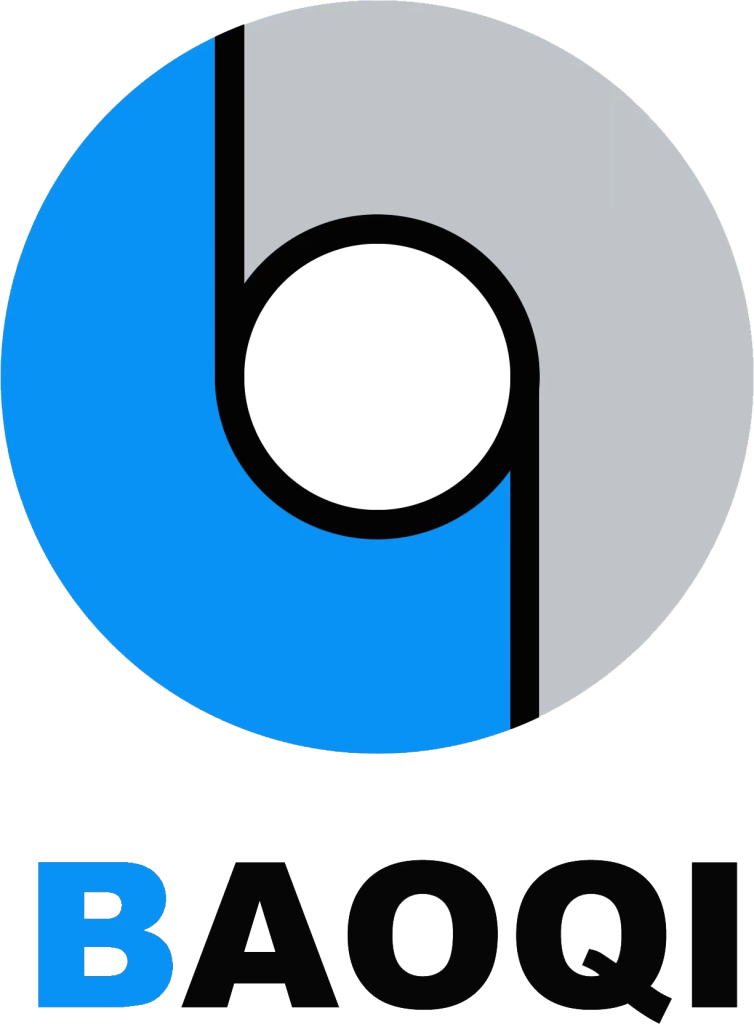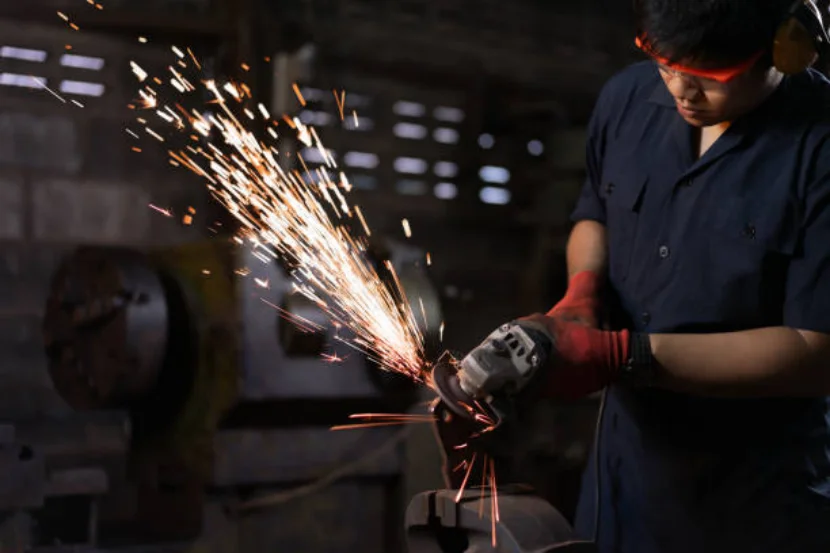
Key Factors to Evaluate When Choosing a Casting Manufacturer
Production Capacity and Technological Capabilities
You want a manufacturer that can handle your order, big or small. Good ones have strong setups for making lots of parts. Chinese foundries used to do things by hand. Now, they’re super cool with machines! They’ve got stuff like CNC machining centers and robotic arms. Some even use special software to plan out tricky shapes with no mistakes. These tools help make parts that fit just right.
Lead Time, Delivery Efficiency, and Logistics Support
Getting your parts on time is a big deal. It keeps your project on track. Good manufacturers have smart ways to ship stuff. They use warehouses and manage stock well. They also offer different shipping options, like boats for big orders. Sea shipping is cheap and great for sending lots of parts. This helps you get your order fast without breaking the bank.
Customization Options and Engineering Support
Need something special? Top manufacturers let you tweak parts to fit your project. They’ve got experts who can help. You can talk to them about what materials to use or how to draw your plans.
Here’s how it works: You send an inquiry for precast products. The sales team looks at your needs. Then, they send you a price quote. This teamwork makes sure your parts do exactly what you want.
Exploring Casting Processes Used by Leading Manufacturers
Benefits of Precision Casting for Complex Components
Precision casting, or investment casting, is awesome for tricky parts. It uses a wax model to make a ceramic mold. This lets you create super detailed shapes with smooth surfaces. You can use metals like stainless steel or aluminum. That makes it great for things like airplane parts, medical tools, or machine bits. It’s neat because it gets every little detail just right.
CNC Machining Integration in Modern Casting Facilities
Want parts that are extra perfect? Many factories add CNC machining after casting. This fine-tunes things like holes or threads. It makes everything super accurate. Some places even use AI and IoT to watch the process in real time. That’s like having a smart robot checking quality! It’s becoming more common in cool, modern factories.
Why China Casting Manufacturers Are a Competitive Choice
Cost-Effectiveness and Scalability of Chinese Foundries
China’s a big player in casting. Why? They make stuff for less money! They’ve got big factories that can handle tiny orders or huge ones. Chinese foundries use smart ways to keep costs low. They can make one prototype or thousands of parts without a hitch. That’s why they’re a go-to for so many projects.
Technical Advancements in the Chinese Manufacturing Sector
Best Chinese factories aren’t stuck in the past. They’re using fancy tech that fits Industry 4.0. That’s a big deal! They’ve got machines that make parts super consistent. They also waste less material. This is great for high-end stuff like airplane or medical parts. Their tech keeps getting better, so you get awesome quality every time.
Communication, Language, and Export Experience
Worried about talking to a Chinese supplier? Don’t be! Many have tons of experience with customers from places like Australia, Denmark, Finland, France, the UK, Germany, Canada, the USA, and the Middle East. They’ve got staff who speak English fluently. This makes it easy to chat about your order, from start to finish.
The Role of a Forging Manufacturer in Metal Component Production
Differences Between Forging and Casting Techniques
Forging and casting both shape metal, but they’re different. Forging presses metal hard without melting it. This makes super strong parts because the metal’s grains line up nicely. Casting pours melted metal into molds. It’s great for fancy shapes but might have tiny weak spots. Each has its own strengths, depending on what you need.
Applications That Require Forged Versus Cast Parts
Forged parts are best when strength matters most. Think engine parts like crankshafts or connecting rods. They need to be tough! Cast parts shine when you need complex designs, like pump housings or turbine blades. A good forging manufacturer helps you pick the right method based on what your part needs to do.
Why Qingdao Baoqi Intelligent Co., Ltd. is Your Trusted Partner
Overview of Baoqi’s ISO9001-Certified Branch Plants
BAOQI started in 2010 in Qingdao, China. They make all kinds of forging, casting, and punching parts. Over 10 years, they built four branch plants in Qingdao and Weifang. All follow ISO9001 rules. That means you get steady, high-quality parts every time you order.
Baoqi’s Customization Service for Global Clients
Qingdao Baoqi Intelligent Co., Ltd. Customization Service helps customers worldwide get exactly what they need. You tell them your project details. They make parts that fit perfectly.
Full-Service Capabilities: Custom Metal Parts, CNC Machining, Laser Cutting, Welding & Stamping
Baoqi does it all! They make custom metal parts using CNC machining for super accuracy. They also use laser cutting, welding, and stamping. Their products include precast stuff like lifting anchors, scaffolding systems, threaded socket systems, cast-in anchor channels, coil inserts, mold accessories, tying solutions, formworks, coil roofing nails, farm machinery parts, and steel frame construction structures. These work great for construction or modular buildings.
How to Work with an OEM Casting Supplier for Your Project Needs
Defining Project Requirements and Technical Drawings
Start by being clear about what you need. Share your part’s size with 2D or 3D drawings. Say what material you want, like aluminum alloy or carbon steel. Mention how exact it needs to be. Don’t forget any industry rules, like ASTM or DIN. This helps the supplier know if they can make it.
Collaborating on Material Selection and Surface Treatments
Team up with the supplier’s engineers. They’ll help pick the best material for your part. Need it strong but light? Or maybe it has to resist rust? They’ll figure it out. You can also talk about finishes like galvanizing or powder coating to make parts last longer.
Frequently Asked Questions (FAQ)
Q:What makes Chinese casting manufacturers more affordable?
A: China offers cost-effective manufacturing due to economies of scale, access to raw materials like aluminum or steel at lower prices locally sourced within the country—and automated production lines that reduce labor costs.
Q:How long does it take from order placement to delivery?
A: Production timelines vary by method—die casting takes around 3–5 weeks while investment casting may take up to 8 weeks due to complexity. Shipping takes an additional 15–45 days depending on destination country via sea freight.
Q:Can I get samples before placing bulk orders?
A: Yes! Reputable suppliers often provide samples so customers can verify dimensions/tolerances/surface finish before committing large volumes—this minimizes risk especially when dealing with custom parts.
Q:What industries benefit most from forged vs cast parts?
A: Forged parts are ideal where mechanical strength matters—like automotive engine internals—while castings work better where design complexity matters such as pump housings or architectural fittings used in commercial buildings.
Q:How do I ensure my intellectual property stays protected?
A: Sign NDAs before sharing technical drawings; register patents/trademarks locally within China if necessary; choose reputable firms like Baoqi who have long-standing relationships with overseas clients built on trust.
Ready to explore how Baoqi can support your next project? Contact us today or visit https://www.baoqitech.com/ — BaoQi was established for more than 10 years, specializing in the production and export of various forging, casting, punching parts. We have built our own 4 branch plants. Our plants are certified to the international ISO-9001 quality system.
